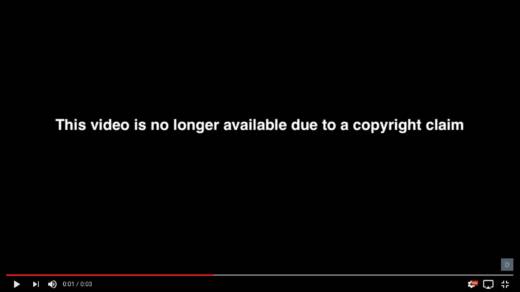Facebook is reportedly offering major record labels and music publishers hundreds of millions of dollars so its users can legally include songs in videos they upload, according to Bloomberg.
The online social media giant declined to comment on what it terms “rumors and speculation.”
“Music to my ears,” Peter Menell writes KQED. He directs the UC Berkeley Center for Law & Technology. He adds, “It does not solve the problem of how much gets back to composers/artists, but it is good to see the music and technology sectors working together to improve user experience and enjoyment of music.”
Apparently, many of us have been breaking copyright law uploading videos on Facebook, unless we only post videos where the copyright owner of the music used has given us permission. It’s not just music videos we’re posting, but also other videos that happen to feature music for which we and Facebook do not have the rights.
Most of the videos embedded on Facebook are uploaded by individuals. But in recent days, Facebook has rolled out a new video hub known as “Watch” through which the company curates content, including original video series financed by Facebook. That means more videos, many of them with music included. Think about it: there’s music under so much news and entertainment we like to watch.


